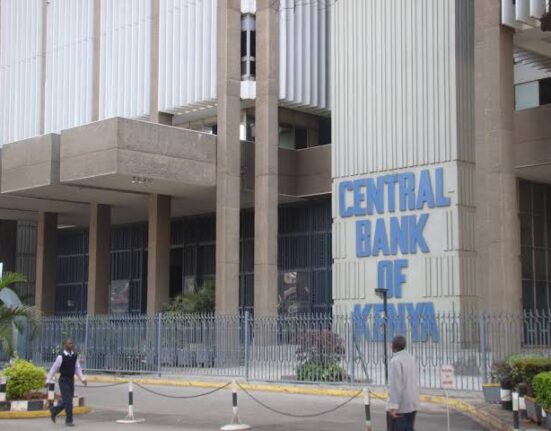In Nairobi, hawkers have expressed strong opposition to Governor Johnson Sakaja’s recent directive prohibiting their activities on the main streets of the Central Business District (CBD).
The Hawkers Association has announced plans to stage protests against this decision, arguing that it threatens their livelihoods and disregards their economic contributions.
Governor Sakaja’s directive, effective from January 6, 2025, restricts hawking to designated backstreets and lanes within the CBD, specifically from Tom Mboya Street to Kirinyaga Road.
Hawkers are permitted to operate only between 4:00 pm and 10:00 pm, Monday through Friday.
The Governor emphasized that no hawking would be allowed on main thoroughfares such as Moi Avenue, Haile Selassie Avenue, and Ronald Ngala Street, stating that all walkways within the CBD are strictly for pedestrians and not for trading.
The business community has largely welcomed the Governor’s move, citing long-standing disruptions caused by unregulated hawking.
They argue that the presence of hawkers on main streets has impeded pedestrian movement, contributed to congestion, and negatively impacted formal businesses that comply with tax obligations.
Stephen Wambiya, chairperson of the Luthuli Business Community, noted that overcrowding by hawkers discourages customers from entering the CBD.
In response, the Hawkers Association contends that the directive was implemented without adequate consultation and fails to consider the economic realities faced by thousands who depend on street vending for their daily income.
They argue that the designated areas are insufficient and that the restricted operating hours limit their ability to earn a sustainable livelihood.
A hawker in the CBD, Dorcas Wairimu, expressed concerns about their responsibilities, stating, “We have families to take care of, and you can’t expect us to leave while we have responsibilities.”
The planned protests aim to pressure the county government to reconsider the directive and engage in meaningful dialogue with the hawkers to find a more inclusive solution.
The Hawkers Association insists that any policy affecting their operations should involve their input to ensure that their rights and livelihoods are protected.
Governor Sakaja, however, remains firm on the directive, emphasizing the need for order and safety within the city.
He stated that there would be no hawking on the roads, describing it as an irreducible minimum for the safety of all city dwellers.
The Governor also highlighted plans to revamp certain streets and attract investment, which necessitates the regulation of street vending activities.
This situation reveals the ongoing challenge of balancing economic opportunities for informal traders with the need for urban order and development.
While the county government’s efforts to regulate hawking aim to enhance the city’s image and functionality, the concerns raised by the hawkers highlight the importance of inclusive policy-making that considers the livelihoods of all stakeholders.
It remains to be seen whether the county government and the Hawkers Association can reach a compromise that addresses the needs of both formal businesses and informal traders, ensuring that Nairobi’s CBD remains a vibrant and orderly space for all.












Leave feedback about this